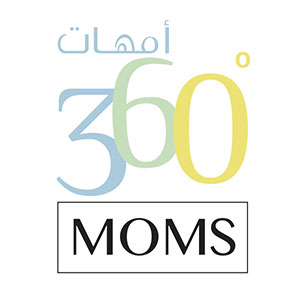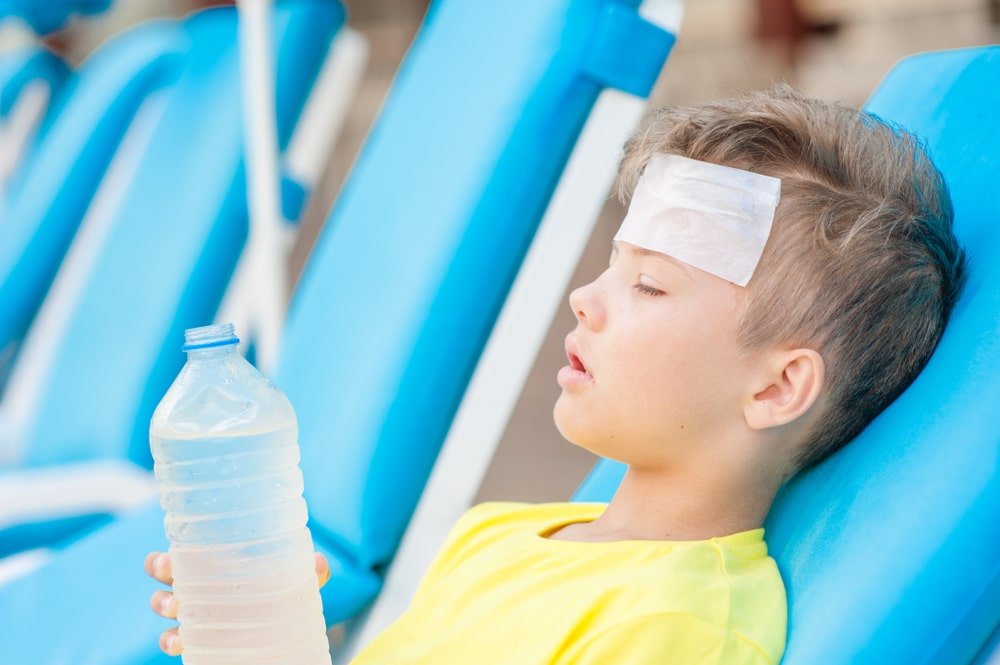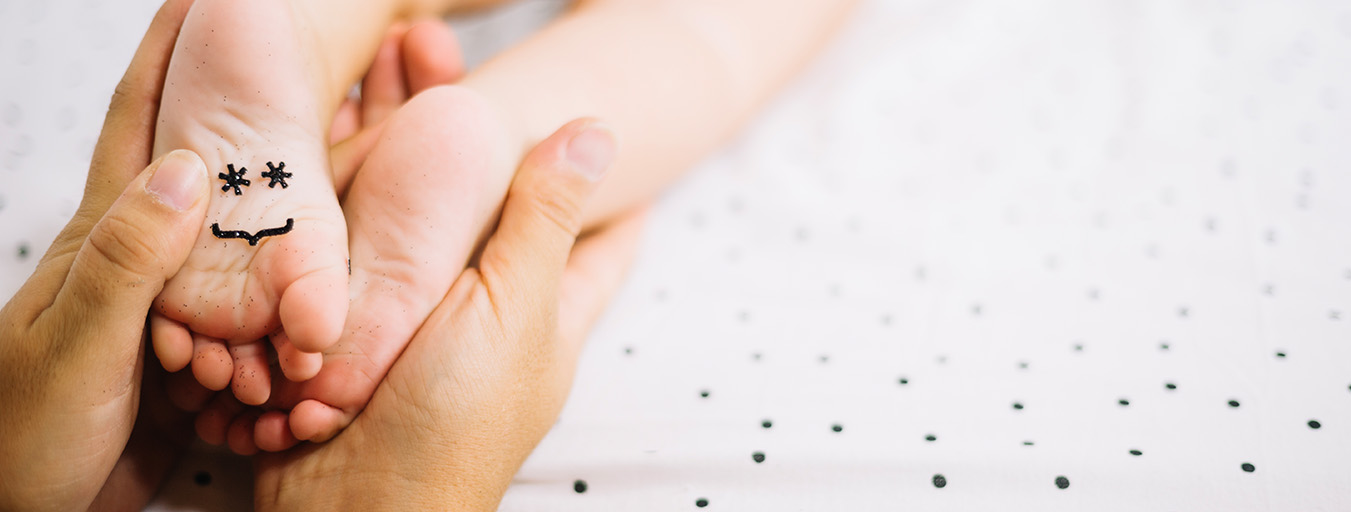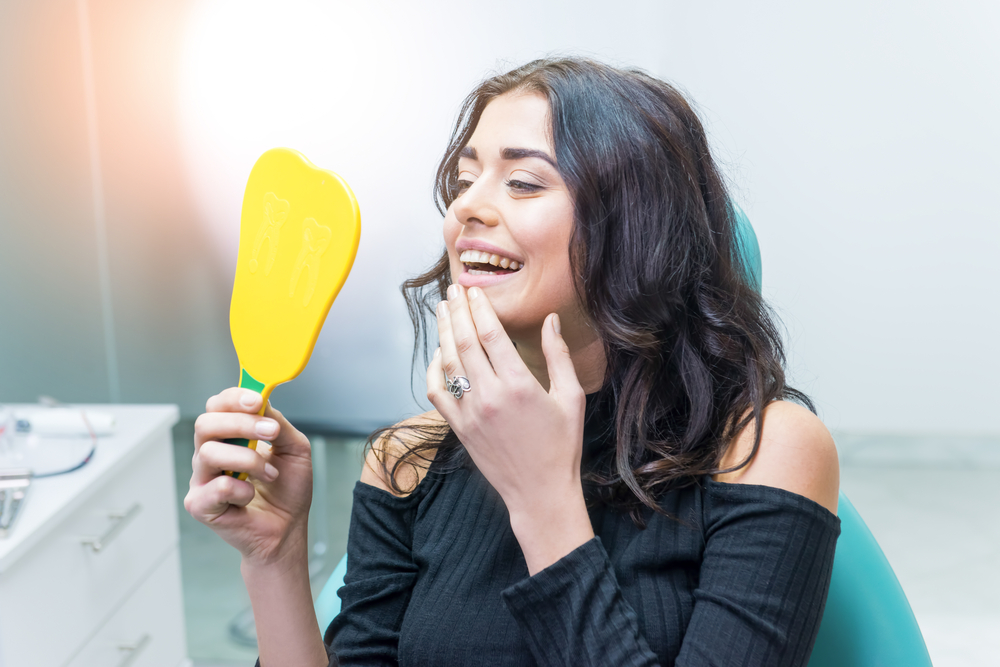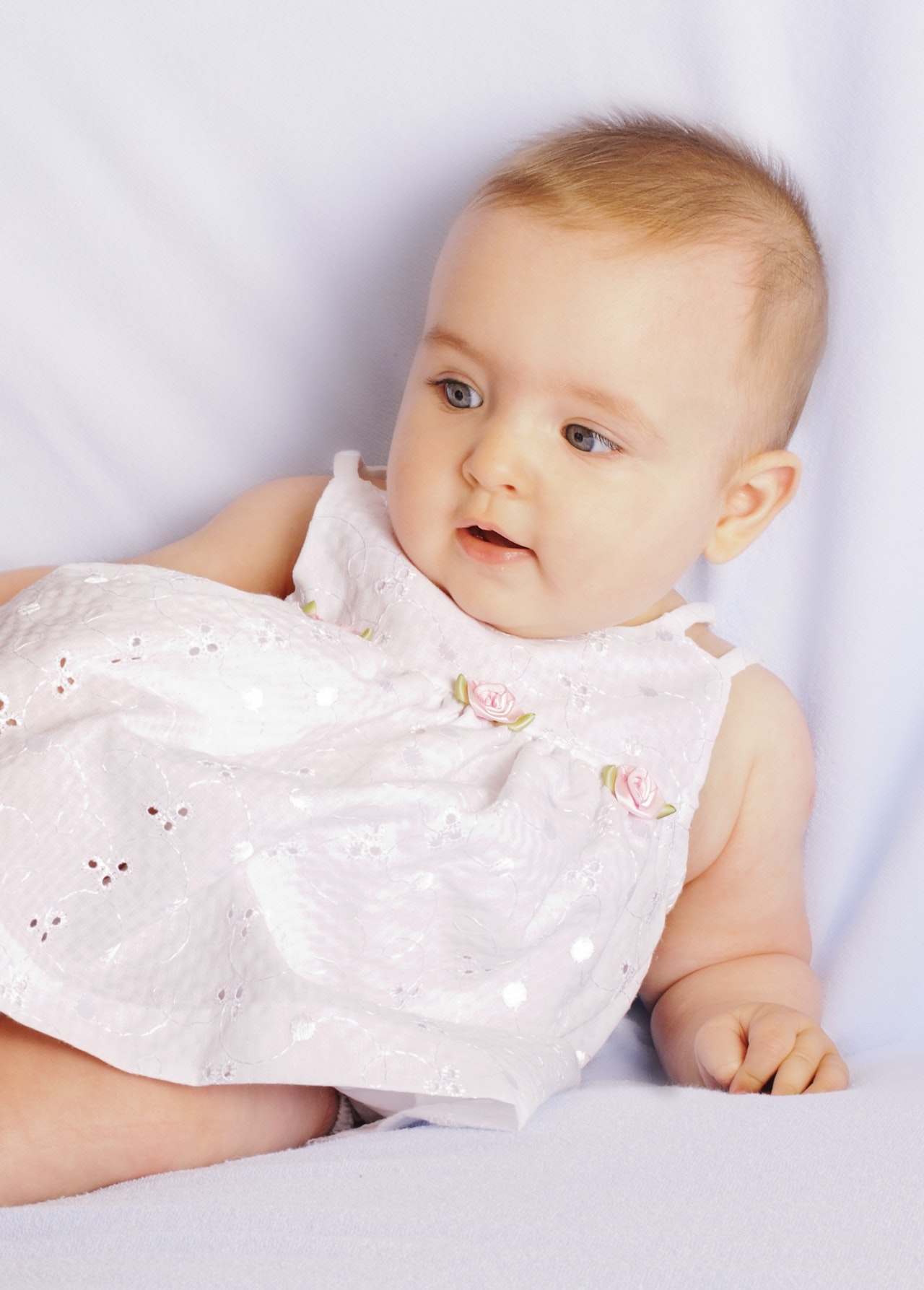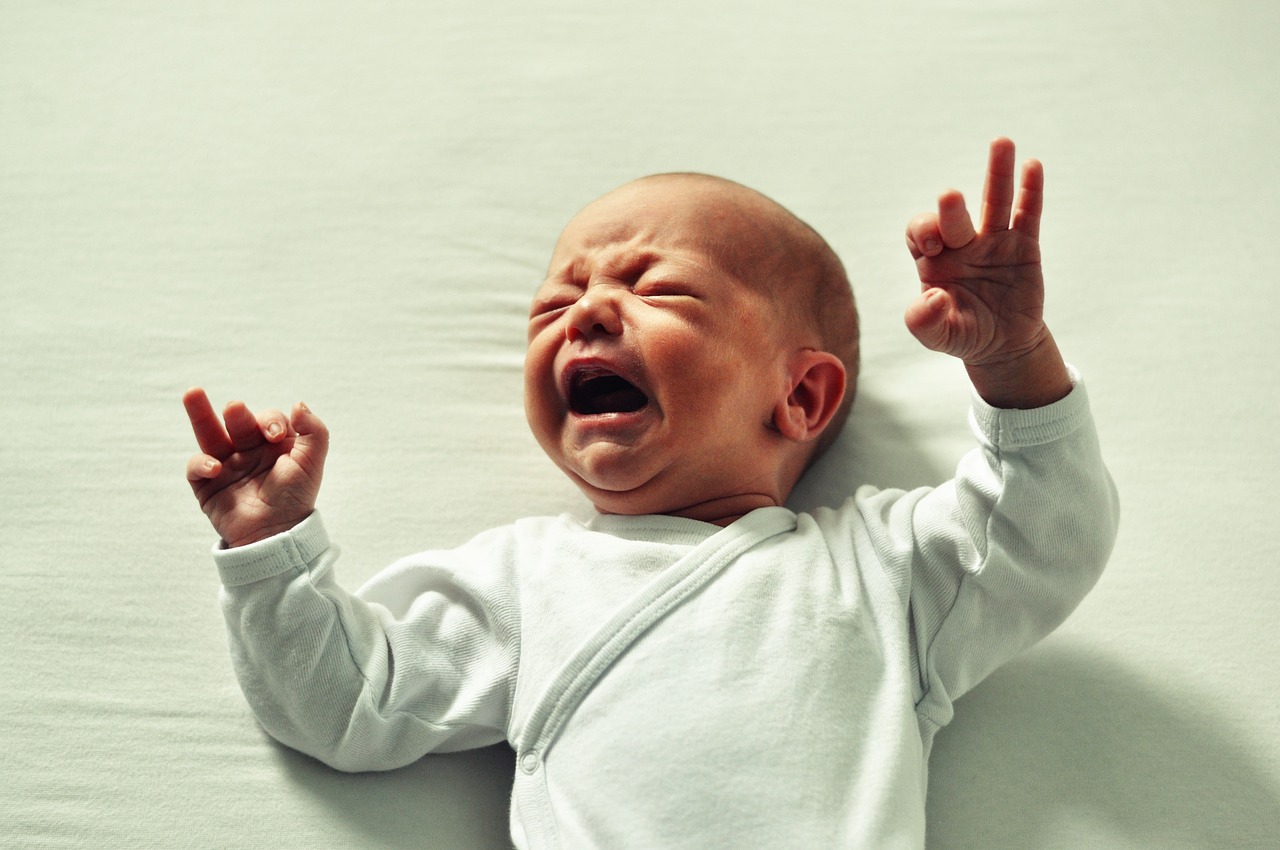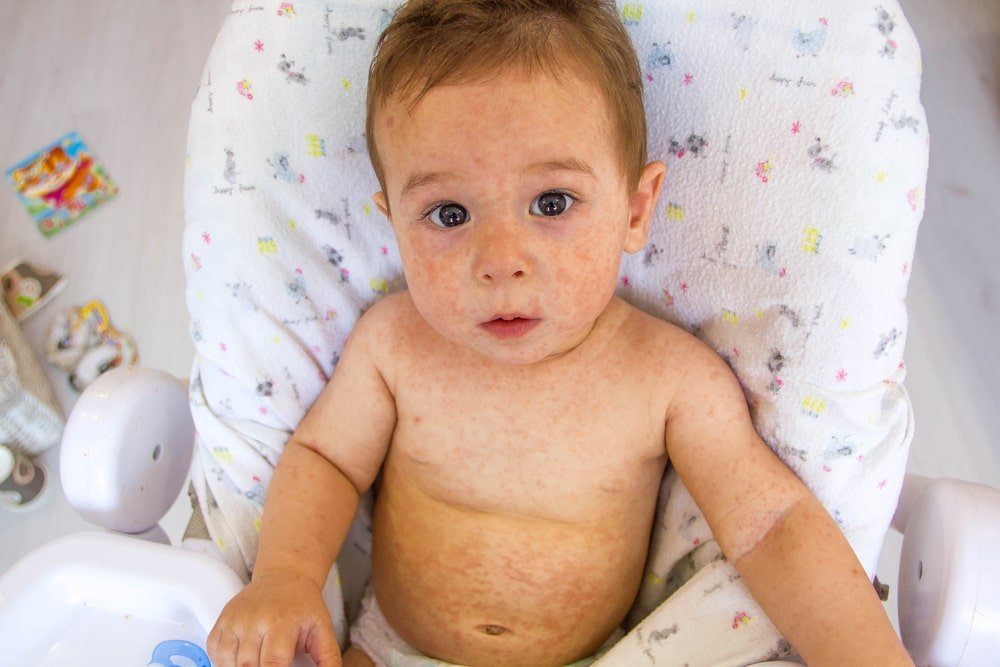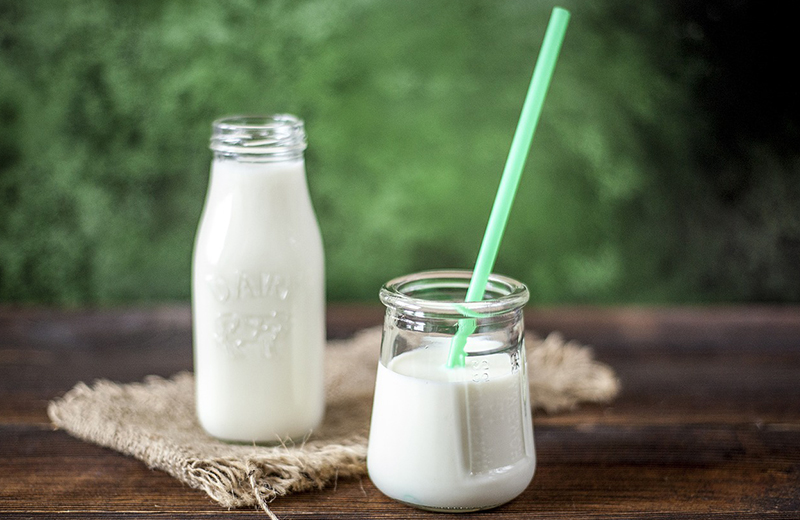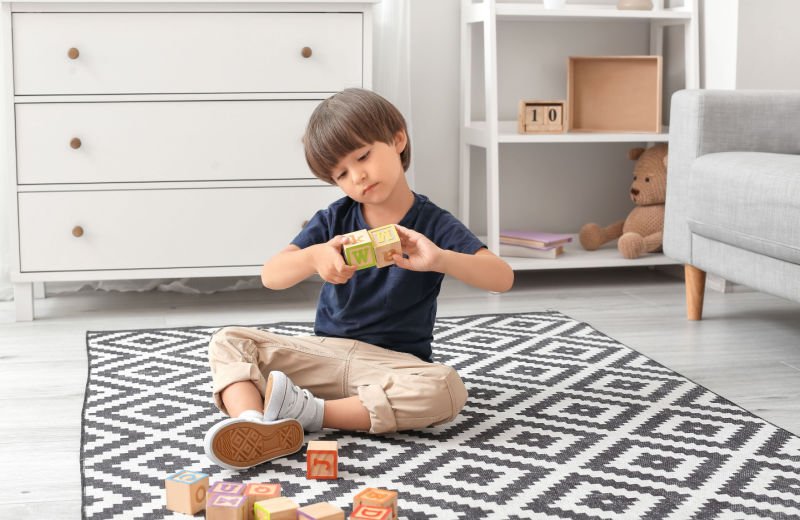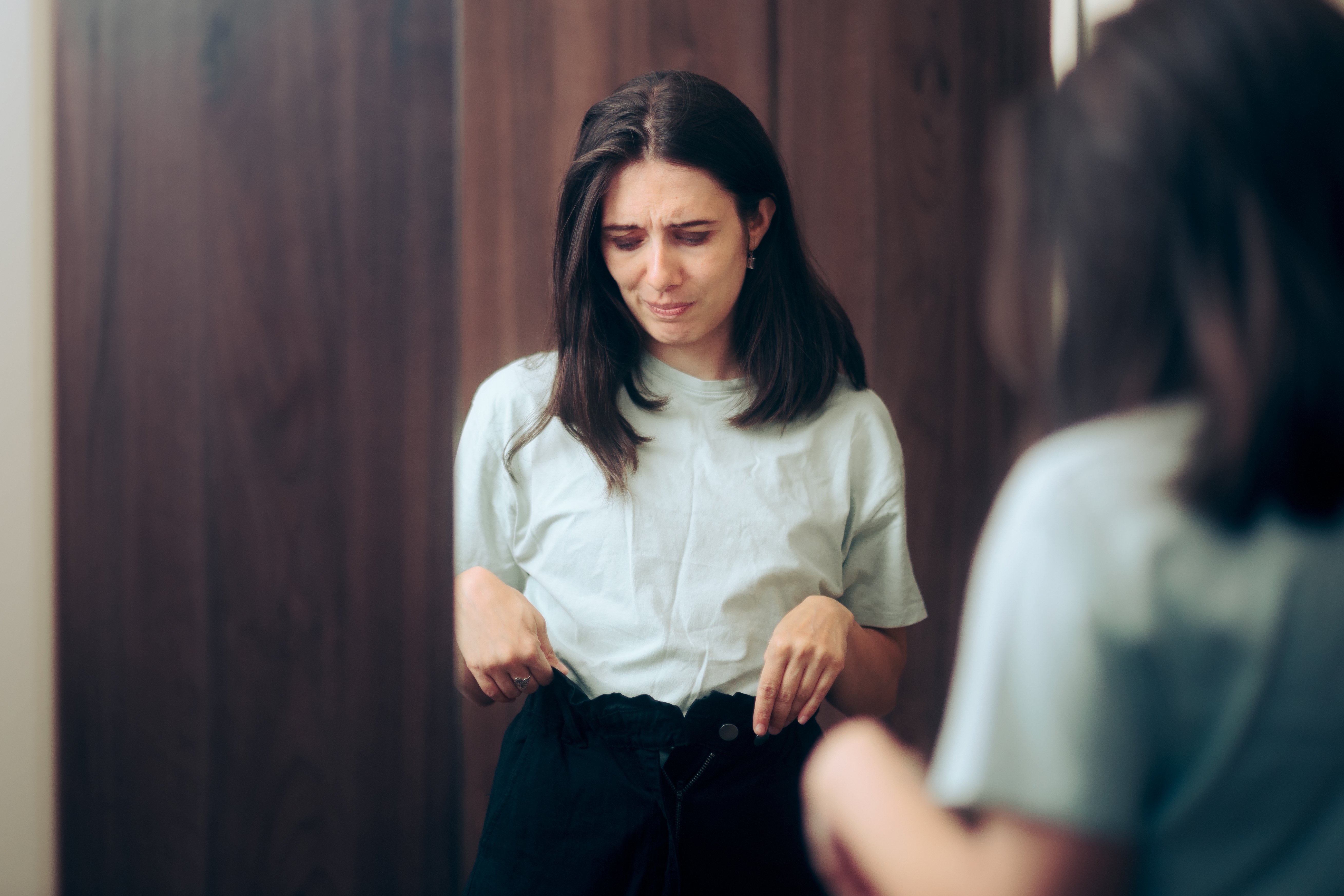Children 6-11 Years
When to talk to your daughters about her menstrual cycle?
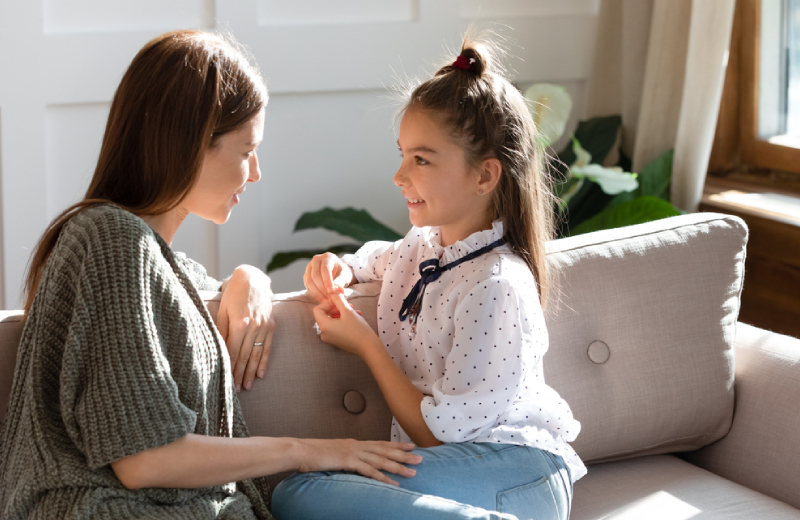
There comes a time in every girl’s life where she finally crosses the threshold from childhood to young adulthood. It can be an exciting time, but it can also be a scary time if she is not informed or ill-prepared. In my research as a sexual health educator, I have found that the most common answer amongst women used to describe their first menstrual experience is “scary”.
Some women didn’t even know what was happening to them. One poor girl thought she was dying. Can you imagine such an experience?
Talking about our bodies can be an awkward experience for many and it becomes even more awkward for parents talking to their children. The first question regarding puberty I get asked is “When is the right time to talk to my daughter?” and my response is always the same “Before anyone in her class starts their period.”
The age of menstruation is getting younger and younger, it used to be anywhere between 12-16 but it’s now between the ages of 10-15, so the best age to start talking to your daughters is around 9 or 10 years old. I know to some it might seem quite early, but I must remind parents that because of the internet and older cousins and siblings, many are discovering concepts at a much younger age. A friend of mine recently got the courage to start talking to her 9-year-old daughter about periods and was very disappointed to find out that her daughter already knew plenty on the subject from her classmates. What was supposed to be a special bonding moment for a mother and daughter was ruined.
The second question I get asked is “How do I start?” There are many creative ways you can begin the conversation. You can stop hiding your menstrual products and see if they ask you what they are, or you could take them to the grocery store and walk down the aisle that has period products. Ask them if they know what those are and get curious and find out if they already know some information.
What do you need to say?
Talk about how their bodies will change from a child's to a young adult’s body and how all these changes are natural. Be specific, talk about changes in height, breast development, hair in places that weren’t there before, and remind them that it's okay if they haven’t noticed these changes yet. They might feel excited about all the changes and they might be worried, and it’s all normal to feel those feelings. Change can be difficult for some people and that you are always there to support them if they have any questions. Teach them to avoid comparing themselves to their friends and that it’s not a race. You will all eventually become adults.
Explain to them why women have periods. My favorite answer is “It is your body’s way to prepare you for if and when you choose to have children later on in the future.” You also need to briefly explain biologically what is happening to their bodies when they get their period. “Every month the female body is practicing preparing for pregnancy, it creates an environment for a fertilized egg and when there is no fertilization the lining of the uterus breaks down and exists through the vagina.” A woman gets her period on average every 26-31 days and is lasts for around 5-7 days. You will continue to have your period till around the ages of 45-55.
Demonstrate how to use a pad, and how often to change one, tell her what options she has, there are some great new products on the market right now like period underwear. Prepare her for accidents, put a pad in her schoolbag in case her first time is at school. Teach her that if she needs to get stains out to never use hot water, show her how to create a make-shift pad from toilet paper if she ever finds herself without any menstrual products. These are all useful tips that can come in handy and she will be so grateful that you told her.
Another aspect you need to cover is the symptoms that are associated with the menstrual cycle such as cramps, mood swings, acne, bloating etc. Personalize it, tell your daughter what your own symptoms are. This can be a great time to bond with your daughter, download a period tracking app and go through it together once she starts. Tell her that it is normal for it to be irregular in the first year and to let you know if she has pain or is experiencing any symptoms that are affecting her daily life.
How can a father be involved?
A girl’s first period can be an awkward time for a father because he suddenly realizes that his little girl isn’t so little anymore. Most men don’t want to discuss this but there are other ways that fathers can show their support when it’s that time of the month. Simply acknowledging and being open can go a long way, ask her how she feels and if she needs anything. Being considerate and cooking or ordering her favorite meal, watching her favorite movie together, even handing her a hot water bottle is just some small ways a father can show his support regarding her cycle. These small actions will normalize the topic in the house.
Many parents think that this is a one-time conversation, in fact it is a series of small conversations over time and not one big conversation as we don’t want to overwhelm your child with too much information. Your child might have a lot of questions, or they might not, the important thing is to create a safe space for them with the correct information so that you, the parent, remain their main source of information rather than their peers or the internet.

